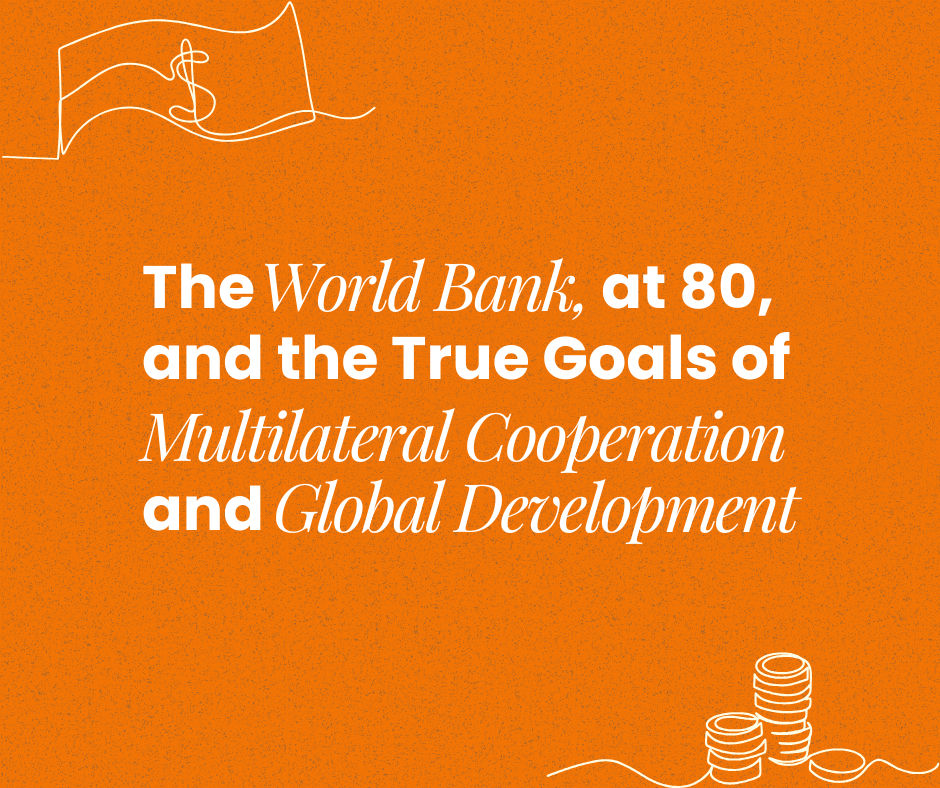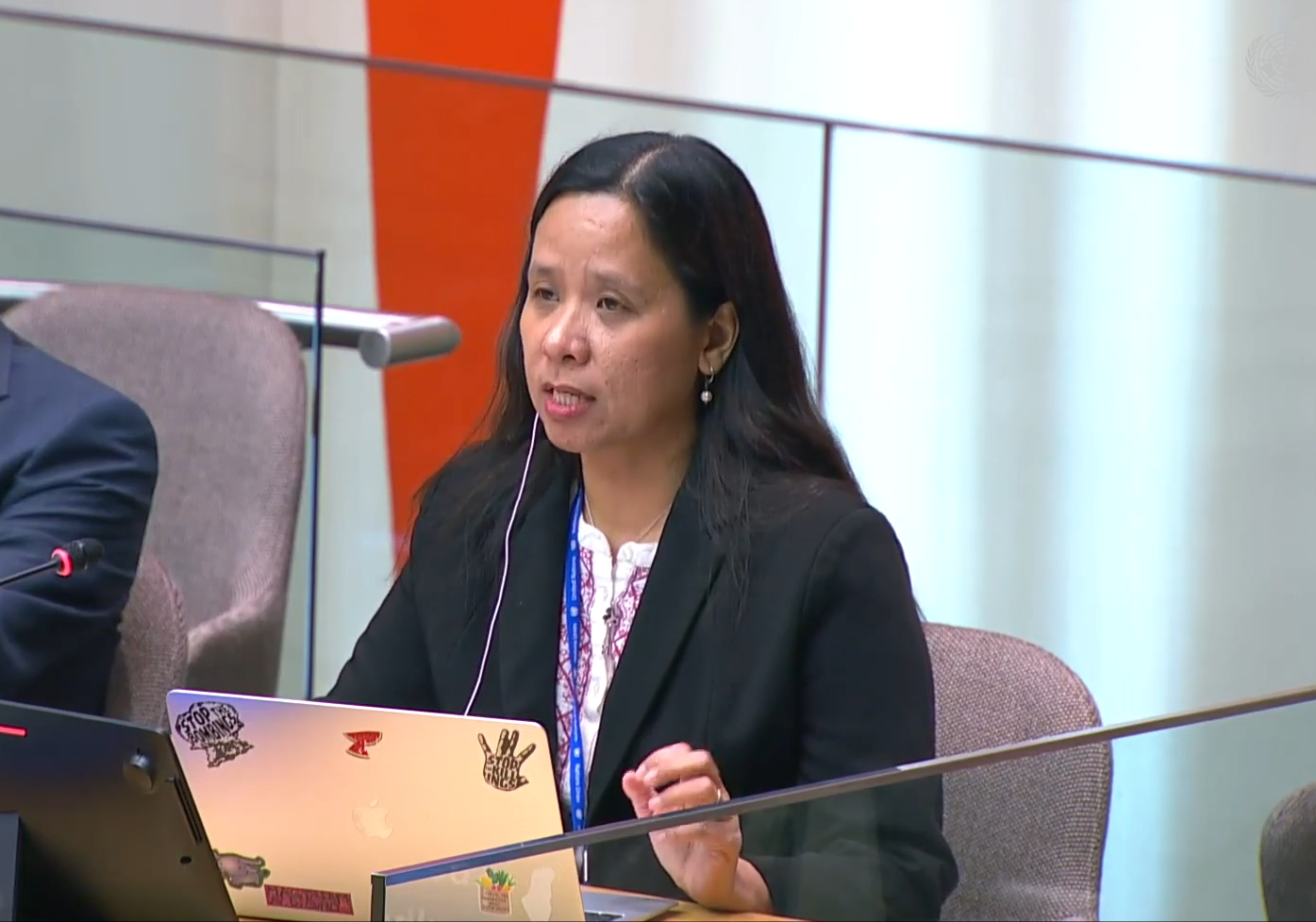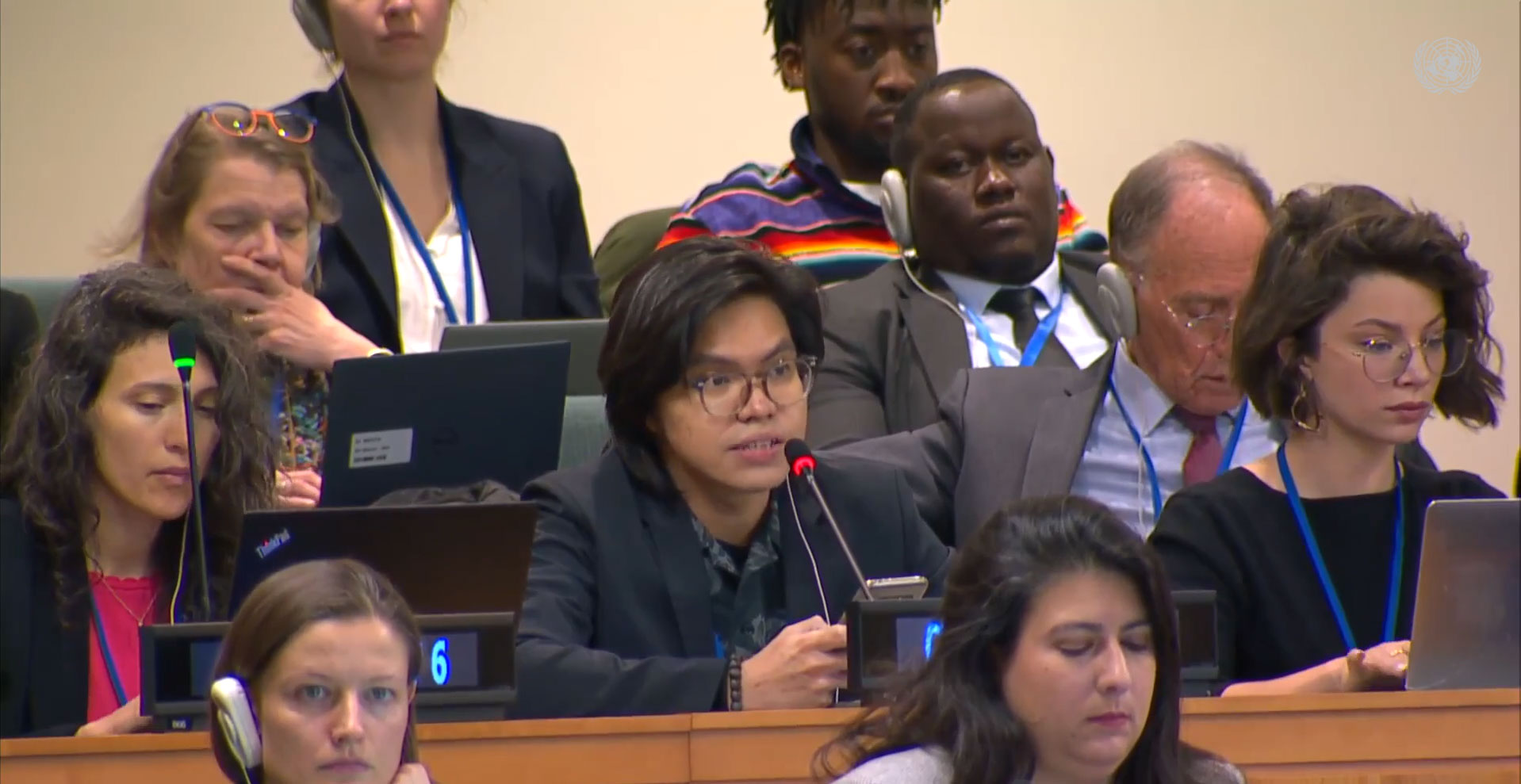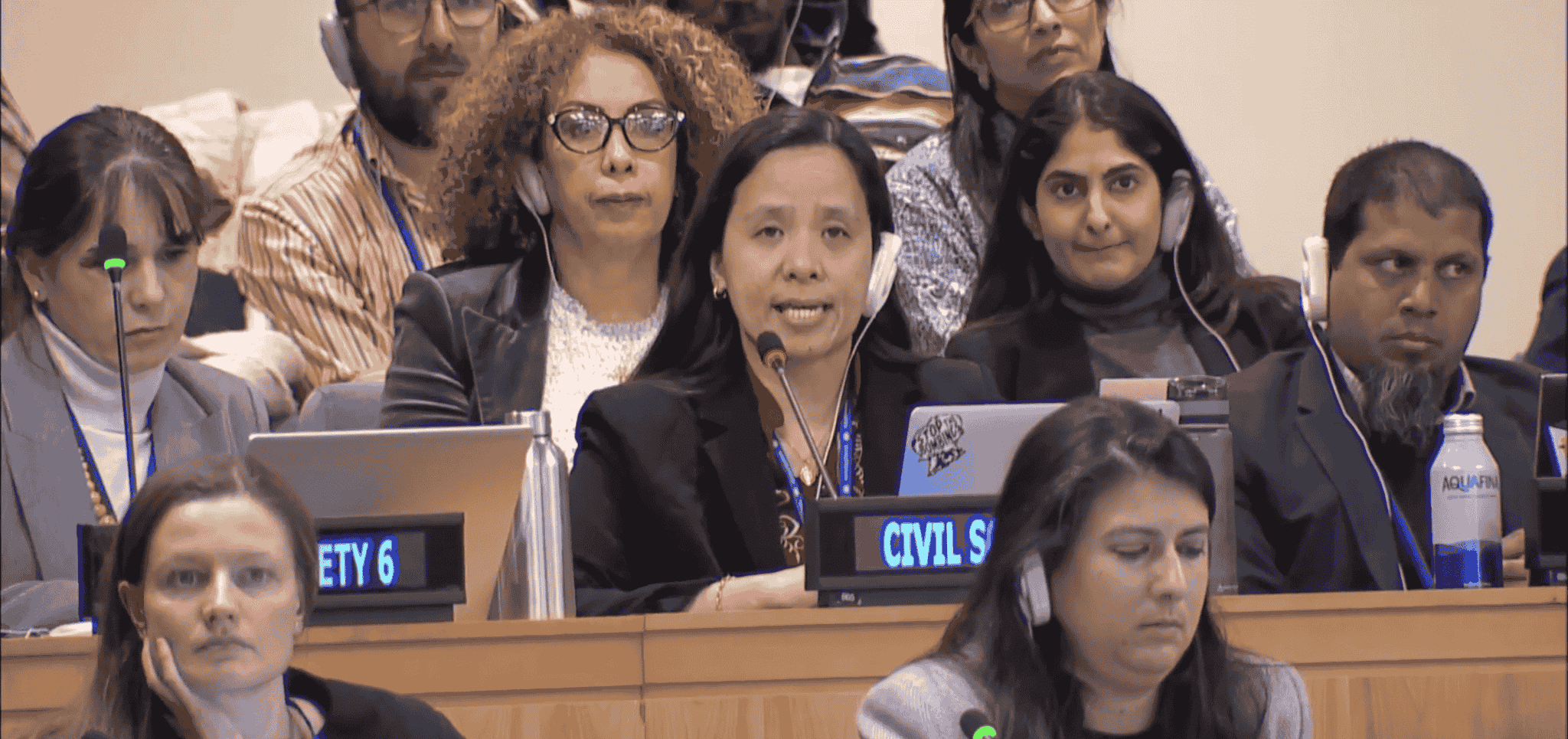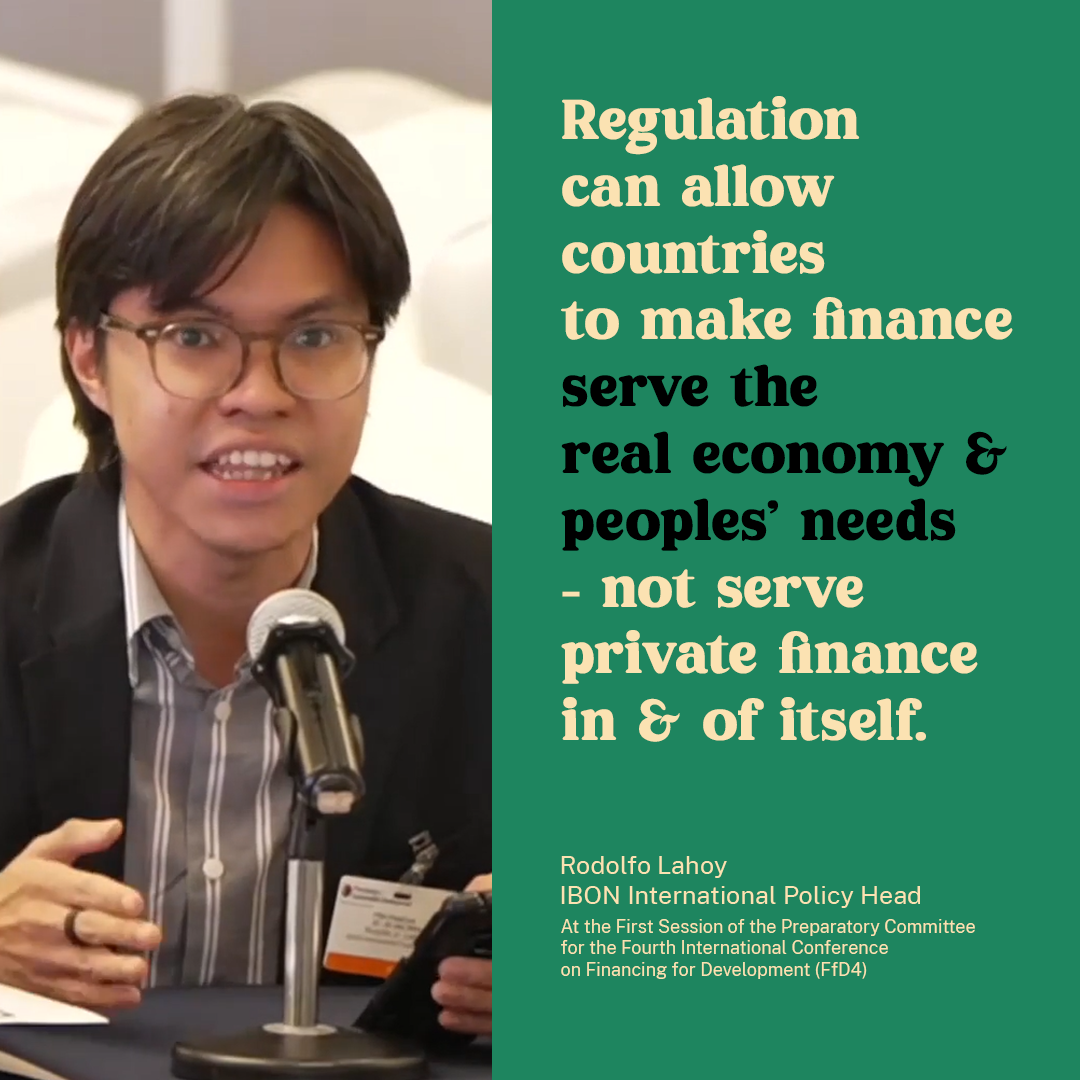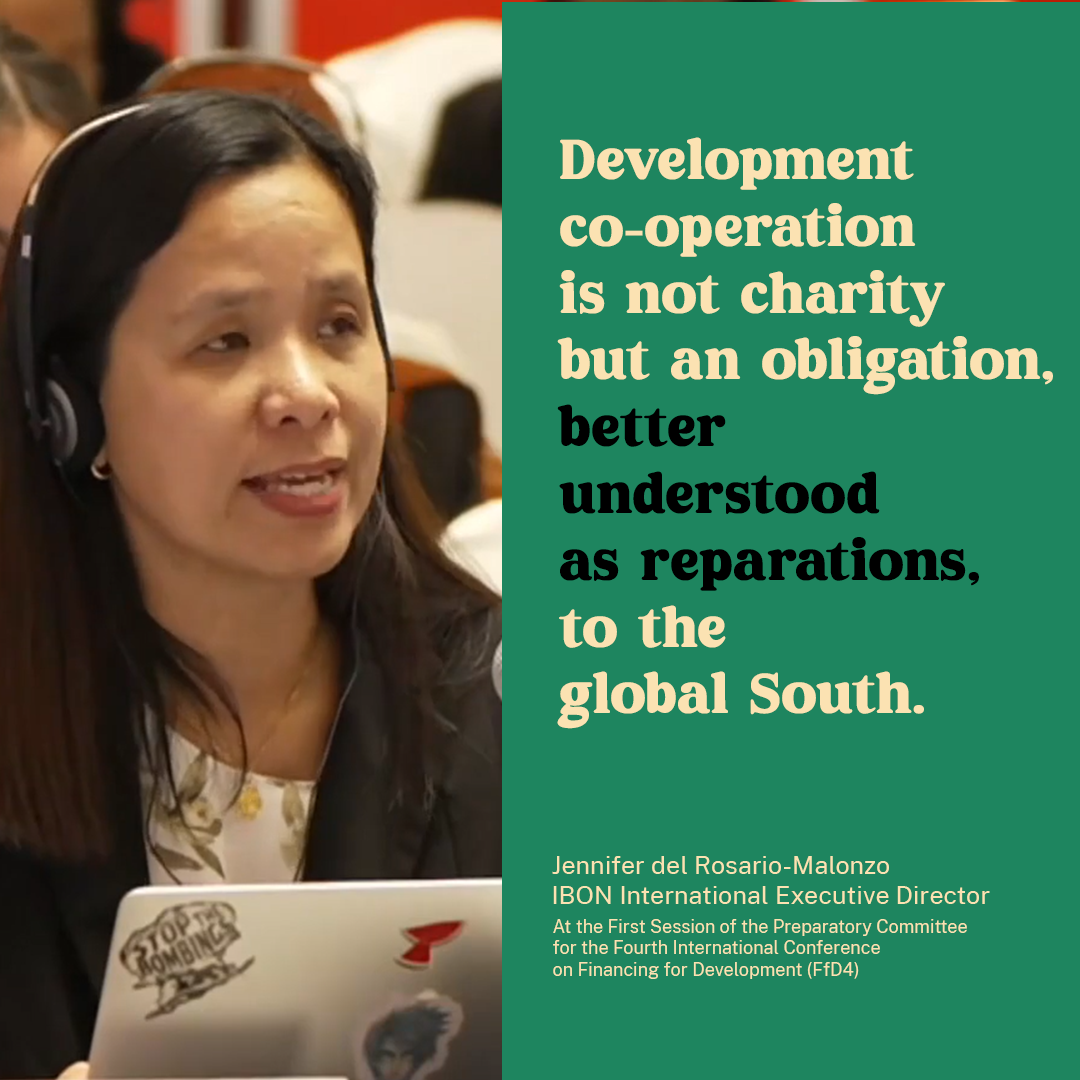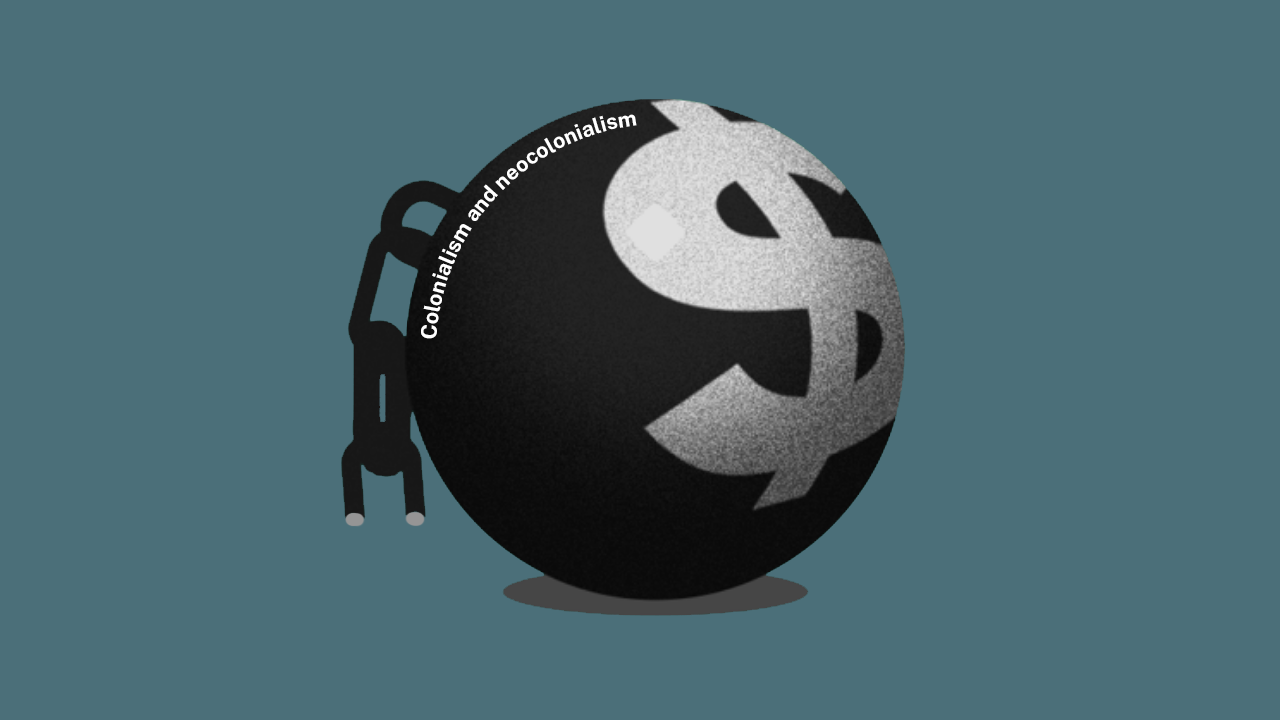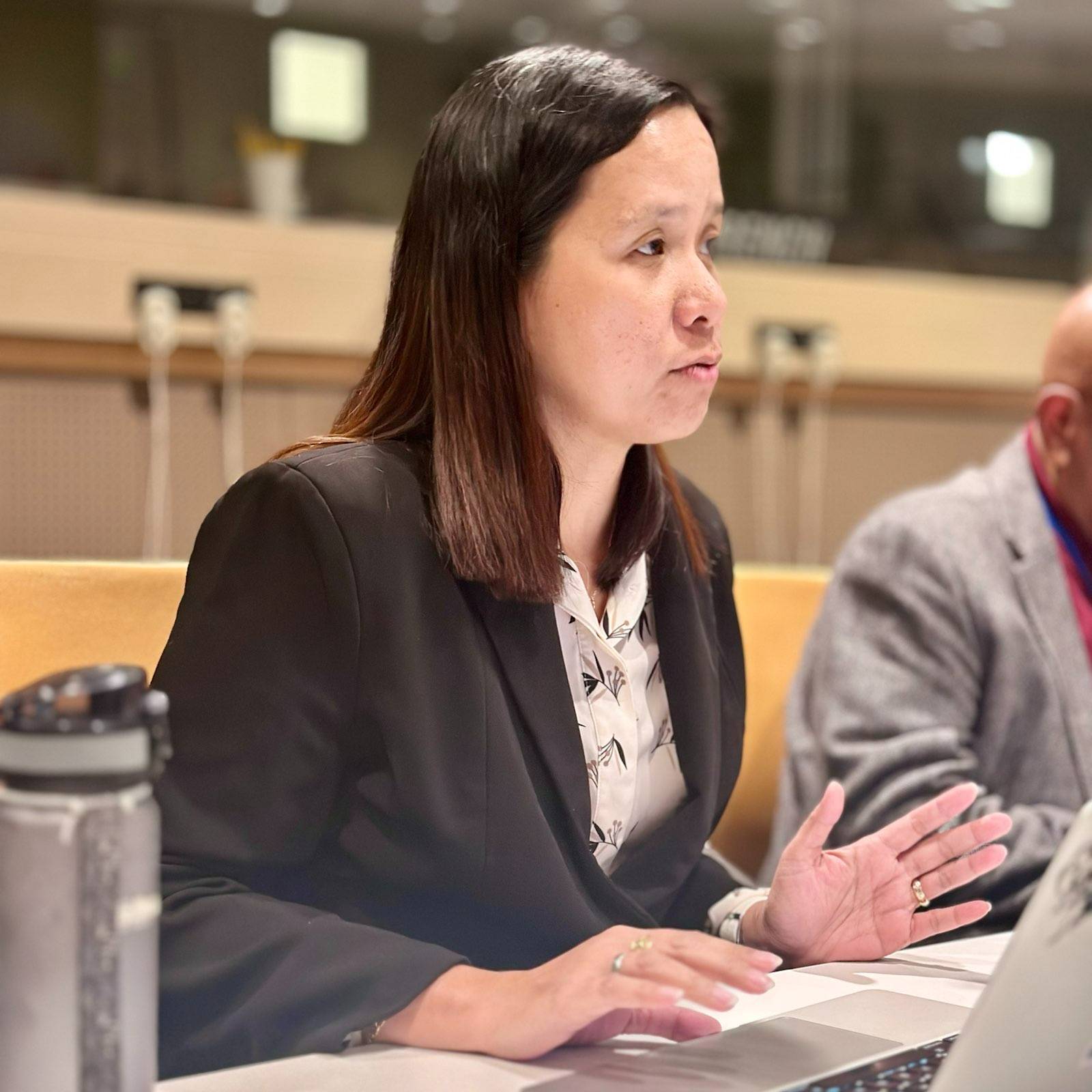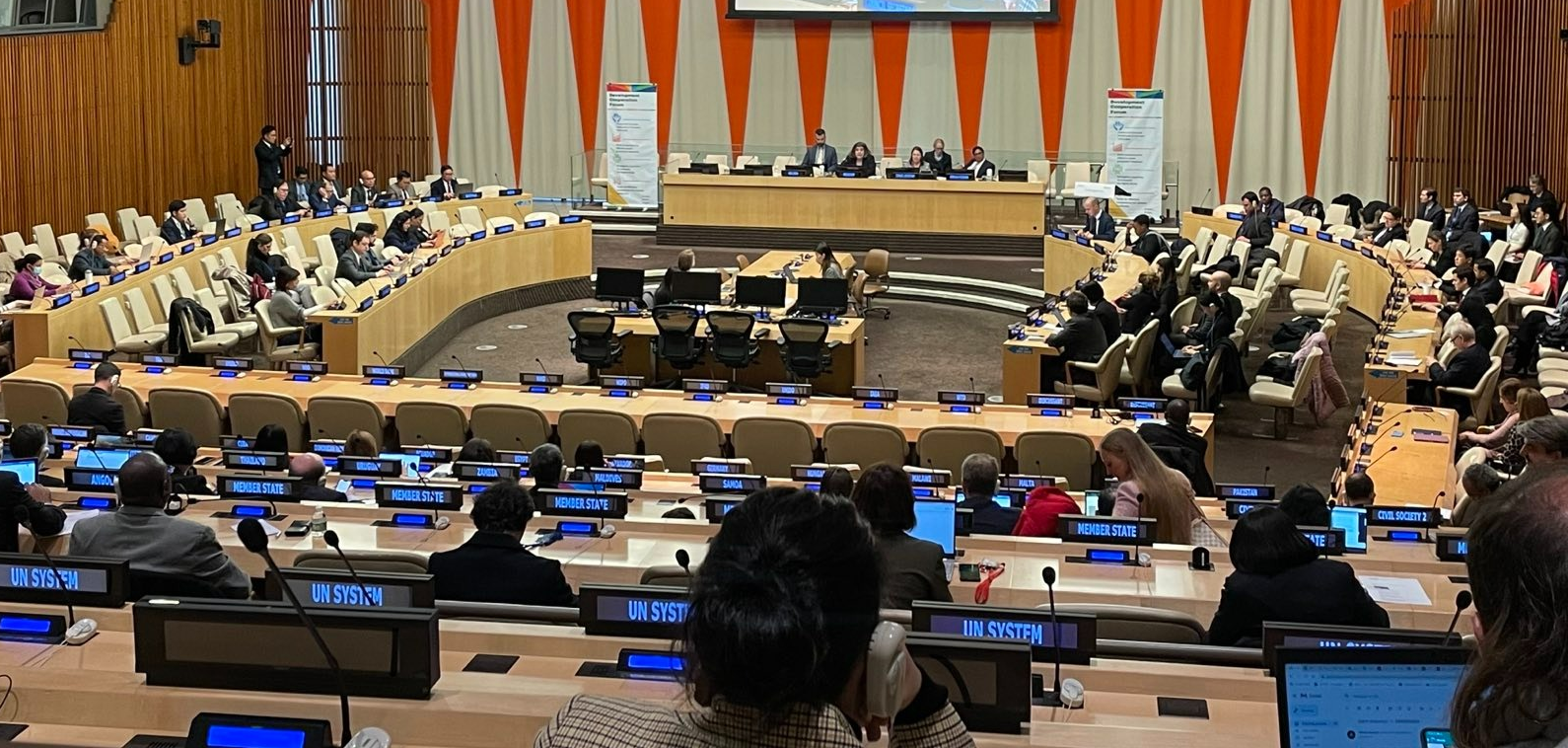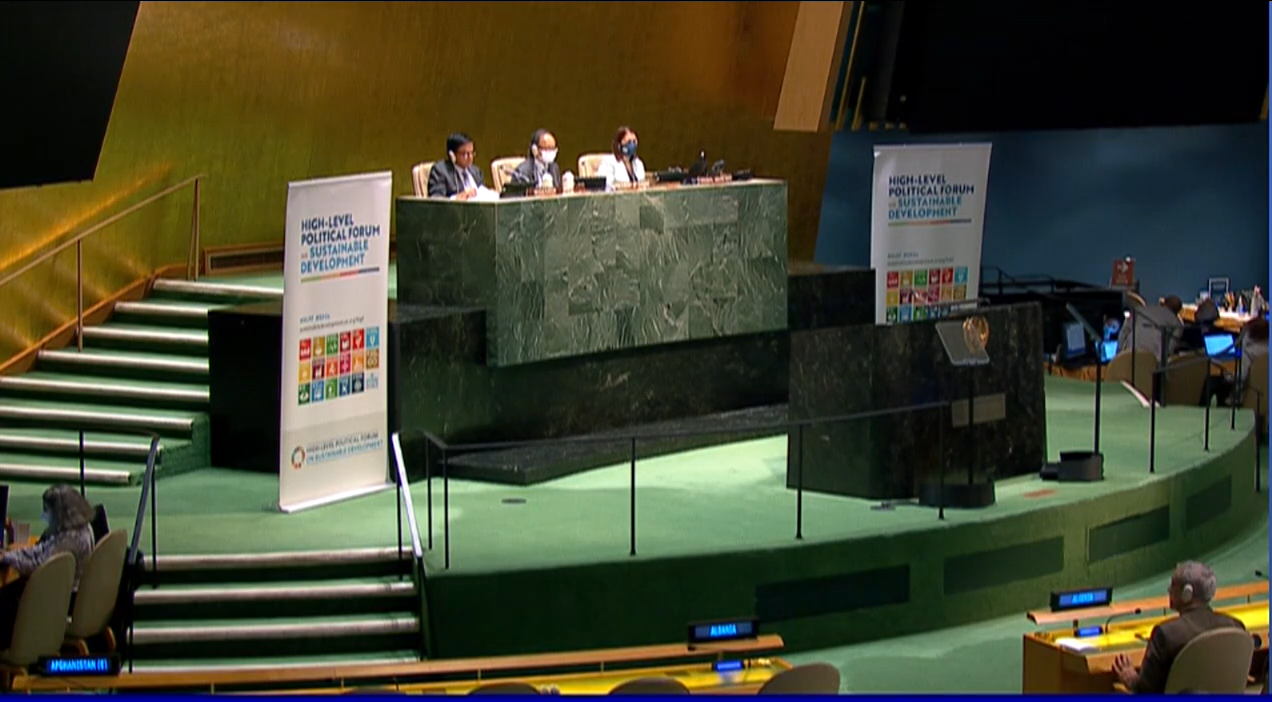On behalf of Civil Society Financing for Development Mechanism, Policy Head Rodolfo Lahoy delivered an intervention to an official side-event on International Development Cooperation at the Third Preparatory Committee Session for the Fourth International Conference on Financing for Development (FfD4) held on 12 February 2025:
We see growing development challenges in the South—net outflows such as large debt payments amid declining real ODA; structural challenges that disadvantage Southern development amid the quest for critical minerals and resource extraction; and hollowed out domestic economies after decades of extraction and neoliberalism. Historically, Northern states have not met past ODA commitments which have been voluntary. DAC governance is arguably not fit for purpose as evidenced in the ODA modernization’s dilution of ODA’s mandate. All these occur amid current tendencies of unilateralism especially in the North, both in the form of coercive economic measures and lack of accountability.
We want a convention that reshapes the development cooperation architecture within the UN system of member-states and recenters it away from Northern-dominated arenas like the OECD-DAC. The Convention’s features should include binding commitments and norms that cover the diversity of IDC state actors as well as enforcement of ODA commitments, such as the 0.7% of GNI and ODA debt. It should also limit the ODA to addressing inequalities and advancing a Southern development focus. It should reaffirm principles of democratic ownership and effectiveness, and ensure the roles of civil society in these processes.
The Convention’s direction is an international development cooperation (IDC) architecture that is part of undoing the power imbalances in the international financial architecture (IFA) and correcting the current architecture of outflows from the South. Through this, it should serve the right to development. It can also support policy space for structural transformation. Institutionally, this can mean bolstering the Development Cooperation Forum (DCF) as a space for reshaping development cooperation architecture.
In the short run, we have proposed the following for FfD4: “We will establish a UN intergovernmental process towards agreeing a legally binding convention on development cooperation that protects the integrity and credibility of ODA, and enhances the impact of ODA in eradicating poverty and addressing inequalities, and ensures policy coherence,” which is a process that should be led by Southern actors.
The current Zero Draft text acknowledges the need for “a re-evaluation of the practice and purpose of international development cooperation, and reforms to the development cooperation architecture—globally and in countries.” It also acknowledges coherence and norm-setting in DCF and FfD on development cooperation and strengthening accountability. But it remains inadequate in operationalising accountability and in what direction the governance changes necessary in IDC.
We advocate for a convention to have binding commitments and language on the development focus of ODA. Aside from the features mentioned earlier, the proposed language by civil society organisations in the Zero draft offers ideas of what a Convention could look like: “concrete and binding timeframes for achieving existing ODA targets” (para. 38.b.); “scale up, enforce and achieve our respective commitments” (para. 38.a ); and ODA’s “core mandate of eradicating poverty and addressing inequalities.” #

